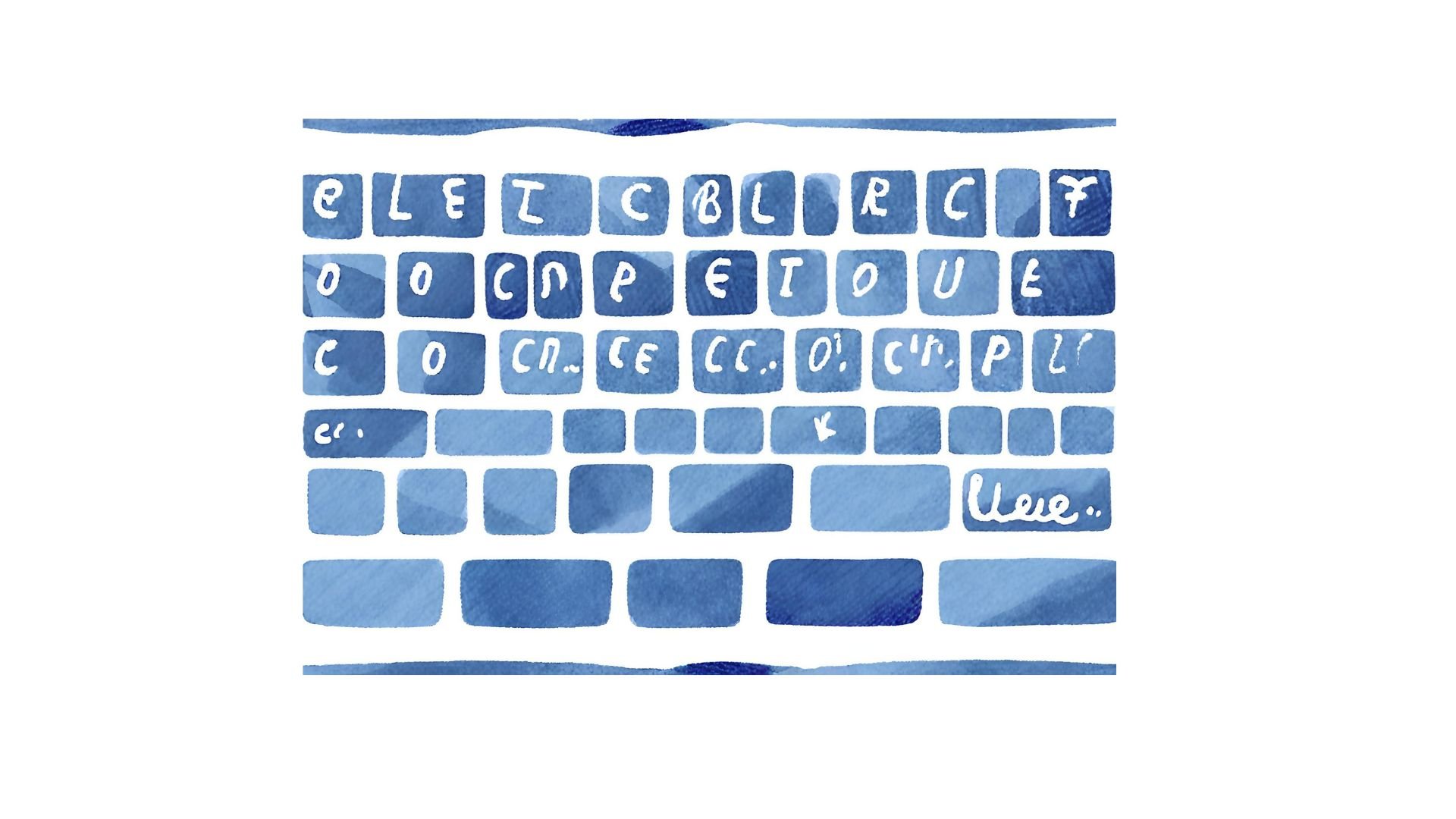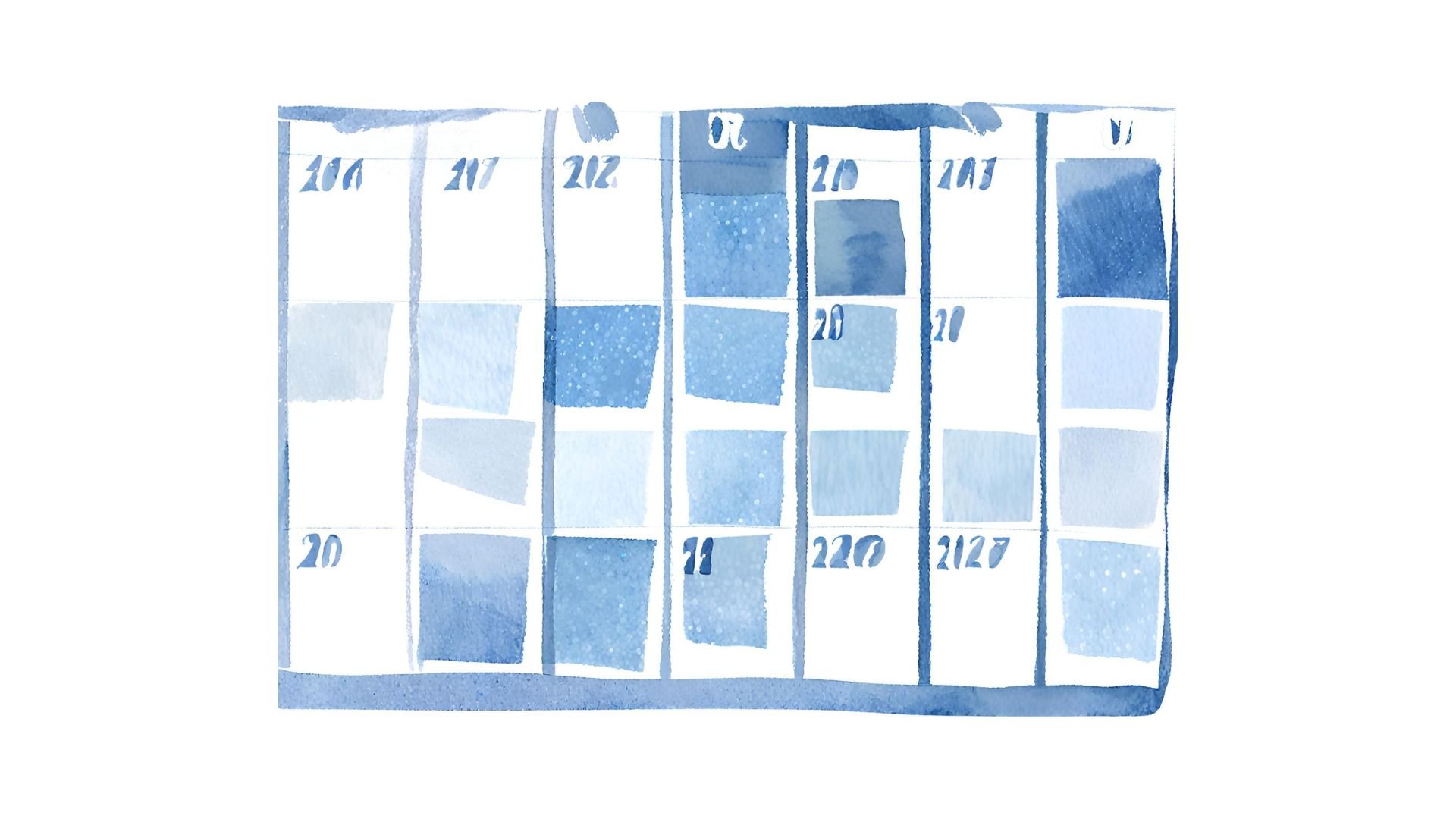RESOURCES
Lessons from producing an edited collection
Over the course of putting together Creating Justice: Human Rights and Art in Conversation with my brilliant co-editor, Eliza Garnsey, I learned a lot about collaboration, the importance of meticulous planning, and the joy of seeing a vision come to life…
Nicole Wegner: the (academic) writer
"I love to chitter-chatter about ideas with others. It is in the community and presence of others that ideas flow best to me; I feel inspired as ideas are passed back and forth in conversation." – Nicole Wegner
Impostor syndrome in academia and how to manage it
Impostor syndrome is really, really common in academia. And it can be a stressful, isolating, horrible experience that has an impact on all aspects of your life...
How to start your own alt-ac business
The rise of alt-ac and academic-adjacent careers has opened up new possibilities for scholars who want to explore life outside the traditional academic career ladder. But the thought of starting your own alt-ac business can feel daunting. Is it financially viable? Is the administrative hassle worth it? Where do you even begin?
Crafting your academic elevator pitch
Alright, so: you’re at a conference, mingling with colleagues, when someone asks: “So, what do you do?” You have just a few seconds to capture their attention and share your research and its significance. This is where your pre-prepared academic elevator pitch comes in very handy indeed…
The myth of “I can’t do anything else” in academia
Have you come across the myth of “But I can’t do anything else”? Many academics feel trapped by the belief that their current research focus or career path is the only option available to them – that they aren’t qualified to pursue a career outside of a university. This mindset makes you feel stuck, limits your growth… and it’s just not true.
How to respond to critical feedback on your writing
Receiving feedback on your academic writing can be a mixed bag. Praise feels great, but negative feedback? Yeah, it sucks. However, it is an unavoidable part of sending your academic writing out into the world, and developing your own strategy for handling negative feedback constructively is absolutely essential in order to grow, both as a writer and scholar…
7 top tips for finalising your PhD thesis
Into the final stretch and getting your thesis ready to submit? Excellent. Let me share with you the little tips and tricks I wish I had known when I was in the last couple of months of my candidature in the hope it makes this last push a little easier for you…
Shambhawi Tripathi: the (academic) writer
“Some of my favourite things in life – peonies, puffins, mangoes – are all seasonal joys, and I await their return each year. I’m learning how to let writing also be part of that chorus, so that I can relish it when it happens, and trust that it will return again.” – Shambhawi Tripathi
Marie Beauchamps: the (academic) writer
“For a long time, I felt trapped in academic writing. As I began experimenting with creative writing, I discovered that it offers simple and concrete techniques to invigorate writing practices without sacrificing the precision of our findings.” – Marie Beauchamps
How to find your scholarly voice in your thesis
You don’t want the reader to be able to see your development as a writer as they read through your thesis; you want there to be a consistent voice that runs throughout. In your read-through for voice, then, what you want to do is pick up on where needs some more polishing from a consistency perspective…
Rahul Rao: the (academic) writer
“I don’t write every day, but on some days, writing is the only thing that I do. There aren’t enough of those days though.” – Rahul Rao
Tips for navigating the academic ladder (by an early career researcher who left)
I was invited to offer some tips for navigating academia as an early career researcher for the wonderful 'Making Space in International Studies' workshop, and I thought my reflections might be useful for a wider audience, so I wrote my notes up and expanded on them a little into this very blog. Enjoy!
Signposting in academic writing (and when to use it)
The idea of signposting is that you’re telling the reader where they’re going, and where they can find all the important things. You’re reminding them of what they’ve already read, and giving them advance notice of things they are going to come across soon…
Lucy Hall: the (academic) writer
“I’m starting to feel more at ease disrupting the disciplinary confines of academic writing and exploring new forms of expression.” – Lucy Hall
Forget a writing routine – you need a writing toolbox
You’ll see lots of writing productivity tips out there. I have probably read all of these tips and tried to follow those routines myself. But what seems to happen is it works for a week, maybe, and then I spend the following week on the sofa thinking that I’ve used up all my words and they’ll never come back. This is a problem because my entire income is based on me either writing words or fixing words other people have written. I need the words to stay with me…
Why you need a style guide for your dissertation
When it comes to writing or editing your dissertation, your style guide is your secret weapon for consistency. It will help you get your dissertation looking great, from the very first word of your title page to the very last word of your appendix.
How to become a good co-author to your words
I really enjoy working collaboratively. But when it came to my relationship with words? I was a sucky collaborator. And then recently, in my trusty research journal, I found myself writing two questions : ‘What if my writing and I worked together?’ and ‘How can I be a good collaborator for/with my writing?
How to edit your dissertation: Some thesis editing tips to get you started
It’s common for supervisors to say: ‘It’s now time to edit your dissertation’, and for you to think: ‘Great!’ and then really soon after ‘But what does that even mean?’. Copy-editing and proofreading your dissertation are some of the most important things you will do before it goes off to the examiner, which makes knowing how to edit your dissertation crucial.




















